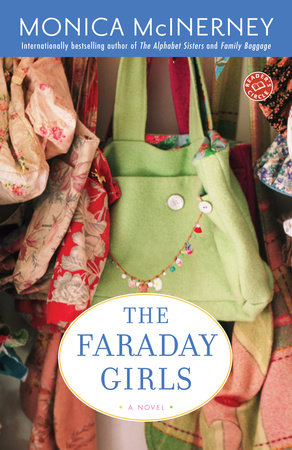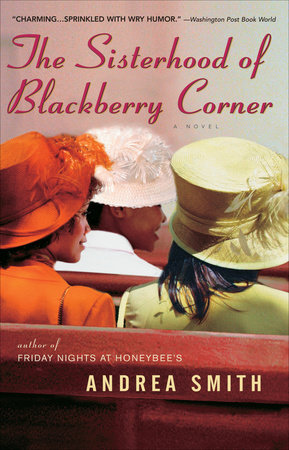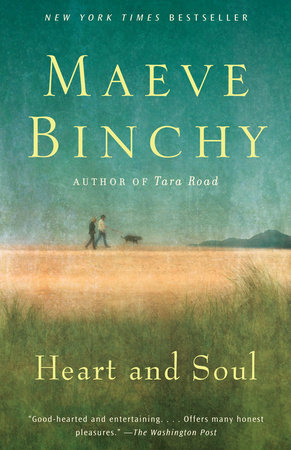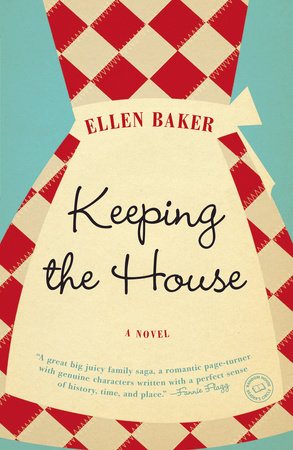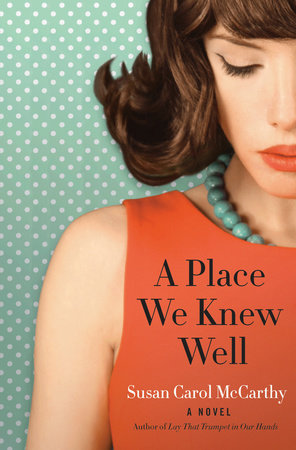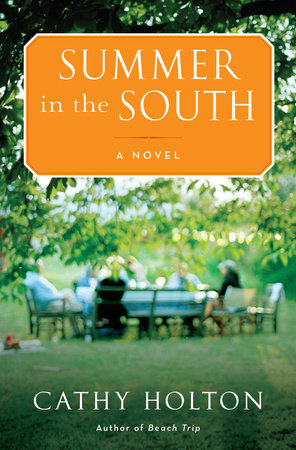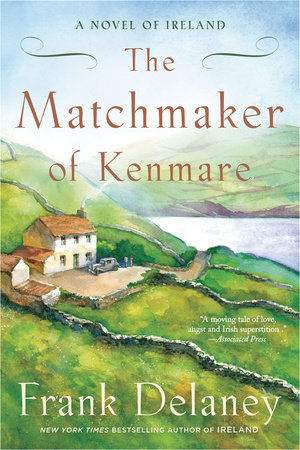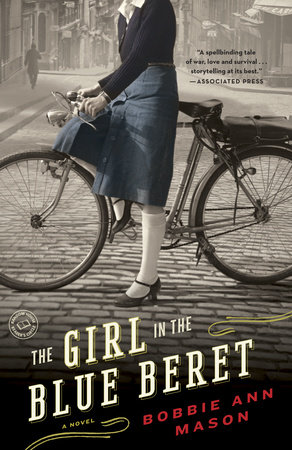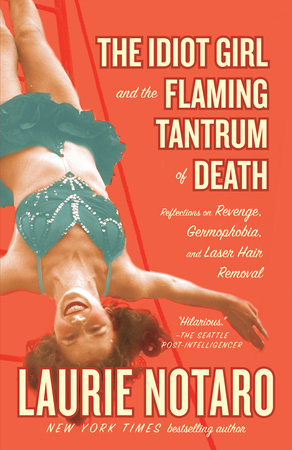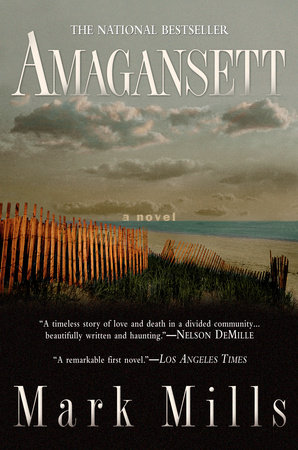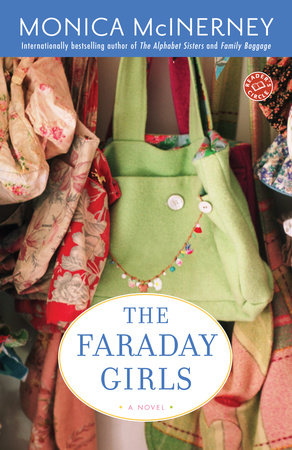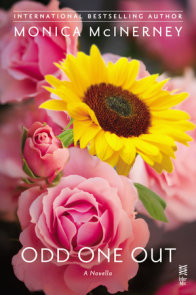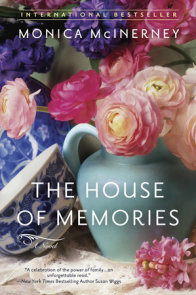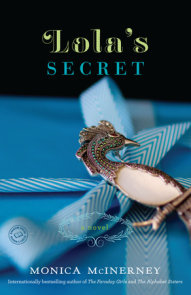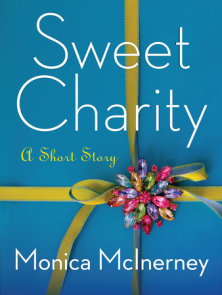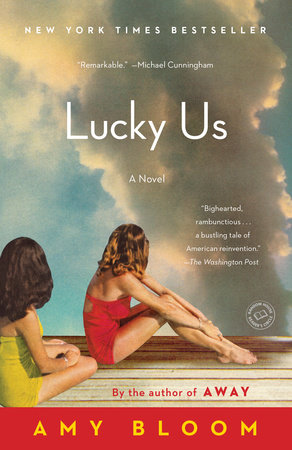Author Q&A
A CONVERSATION WITH MONICA McINERNEY
RC: With its themes of family estrangement and betrayal, The Faraday Girls is more emotionally intense than your previous novels. Did you set out to write a more serious book, or did it naturally evolve this way?
Monica McInerney: I let the subject matter lead me, in many ways. My starting point for The Faraday Girls was simple–I wanted to explore the relationship between nieces and aunts and the impact that particular bond can have on our lives. As I began to write the story of Maggie and her four aunts, though, I found myself stepping out into deeper water, thinking and writing about not just the idea of aunts but the whole theme of motherhood and children–the idea of good mothers, bad mothers, those who want to be a mother but discover it’s not possible, those who choose not to be mothers. The more I wrote, the more questions I found myself facing. What would it be like to feel like a stranger in your own family? Is it possible to reinvent yourself? Can you ever leave your family behind? When–if ever–is it right to lie to your family? I’m also intrigued by the impact of past events on present-day life in families, how decisions made years ago can resurface and cause great ripples or damage, or sometimes lead to greater understanding and closer relationships. Those ideas are at the heart of The Faraday Girls, and I also explored them in Family Baggage and The Alphabet Sisters. I find family life such rich material for fiction–every family, real or fictional, is an emotional ecosystem, each member reliant on one another in some way.
RC: The Faraday sisters’ relationships are so realistically and vividly drawn. Did growing up with a number of siblings help you create these characters and shape their interactions? Is any part of this novel autobiographical?
MM: Growing up in a big family (I’m one of seven children) has definitely made its mark on me as a person and as a writer. I’m the middle child, which I think helped me become an observer–I had people above and below me to watch and interact with, and I could easily go unnoticed, too. I do try hard not to use any elements from my own family life in any recognizable way in my novels, though, to keep it as fiction not memoir. That said, I know firsthand what it’s like to be in a room with many siblings and feel the snip-snap of conversation, the teasing, the quick remarks which can also turn from light into shade in an instant. All of those experiences fed into the scenes between the five Faraday sisters. The actual events in the book aren’t autobiographical, but the emotions behind them are. I know how it feels within–and outside–a family to share times of great fun, happiness, camaraderie, but equally, I’ve experienced loss, pain, jealousy, anger, grief and sadness. I wanted to portray all the different ways we interact with the people in our families, from the older members to the youngest, and how one event years before can impact on family members many years later.
RC: The novel shifts between many different points of view. Which character do you personally identify with most? Which was the easiest to create, and which the most difficult?
MM: I actually identified with all of them. I enjoyed Miranda very much, though I did wince sometimes at her wit and casual cruelty. I related to Juliet’s tendency to mother, Eliza’s need to keep herself separate and private, Clementine’s self-sufficiency, and even Sadie’s hurt and feeling of isolation. I really liked Maggie, too–her earnestness, her courage, and her loyalty. In a big family–in all families–the landscape shifts and changes and so do the relationships and personalities within that group. I wrote many scenes involving the Faradays which didn’t end up in the final book but which helped me understand each of their characters. Once I’d done that, each of the sisters, as well as Leo and Maggie, felt so real to me that I knew exactly how each of them would react or behave in any situation I placed them. There were times in the writing where I felt like I was watching it all unfold, rather than being the person making it happen.
RC: The Faraday Girls takes place in many far-flung areas of the world, including Australia, Ireland, Singapore, and the United States, and travel is an important part of all of your novels. Can you explain why this is?
MM: A quick version of my biography is probably the best answer here! Since I left my hometown in the Clare Valley of South Australia as a seventeen-year-old, I’ve moved nearly twenty times, living and working all around Australia, in London, and in Ireland. For the past sixteen years my Irish husband and I have moved back and forth between Australia and Ireland and we’ve also traveled extensively through Asia, Europe, and the United States. I know so well the feeling of arriving in another country, either to start a new job or life, or just on holiday: There’s excitement, fear, anticipation, and so many other feelings at the same time. It’s rich emotional ground for fictional characters, too– taking a person out of their usual surroundings and dropping them into a new city or country and seeing what unfolds and how they react. As a child growing up in a small town in South Australia, my first experience of other countries was through the pages of books. I read about English villages, American cities, imagined myself in snow (even while I was experiencing scorching Australian summers); I loved being taken into other landscapes through the pages of a book and I love to do that with my own writing now.
RC: You spent last summer touring Australia as the keynote speaker for the Books Alive campaign. Can you tell us a little about this program and your experience? What was the most rewarding element for you?
MM: The Books Alive campaign is an annual Australian government initiative to encourage all Australians to read more. As the “ambassador” for the 2006 promotion, I wrote a short novel called Odd One Out which was used as a giveaway book in conjunction with a selection of 50 Great Reads–a terrific selection of Australian and international books: thrillers, fiction, crime, history, science, memoirs, fantasy and children’s stories. During the five-week campaign I traveled to every state and territory of Australia, visiting more than twenty-five cities and towns to give talks in bookshops, libraries, and schools about the importance and especially the joy of reading. It was a wonderful experience–I met and did talks with many other authors and had the opportunity to talk about books and share reading tips with people of all ages all over the country. That was the most rewarding element for me–to be in a position to share my love of books and all they offer, and to be part of a campaign designed to encourage a love of reading.
RC: What authors or books have influenced your work? Are there any authors you admire and emulate?
MM: I’m sure that every book I read influences me in some way. I read a great deal and have done since I was a child. I average three books a week, from all genres. I’ve many favorite authors and books, including Laurie Graham, John le Carre, Patricia Highsmith, David Sedaris, Tim Winton, Joanna Trollope, Garrison Keillor, Adriana Trigiani, Rosamunde Pilcher, and classic books like Jane Eyre, Anna Karenina, and Little Women. I don’t think I can say that one particular author has influenced me, or that I try to emulate any one writer, either. With each book I write I feel more confident that I am finding my own voice. As a reader, I love it when I feel like I am part of the book, in the rooms with the characters, hearing their dialogue, feeling and seeing what they are going through. I want to care about the characters. As a writer, I want to create that same mood, by writing fast-moving, entertaining but also emotionally charged stories with recognizable characters. The loveliest feedback is when I hear from someone who has read my books and felt that they were part of the family in the story, and that they missed them after they’d finished the book.
RC: What are you working on next?
MM: I have three or four ideas for my next book bubbling away and I’m waiting to see which one wins. I’ve also had an idea for a TV series that I’d like to explore, and an idea for a children’s book that I’d like to write. My husband and I want to do lots more traveling too–one of the ideas I have for the next book involves several different countries so our next trip is going to be more research than holiday, I suspect. . . .
